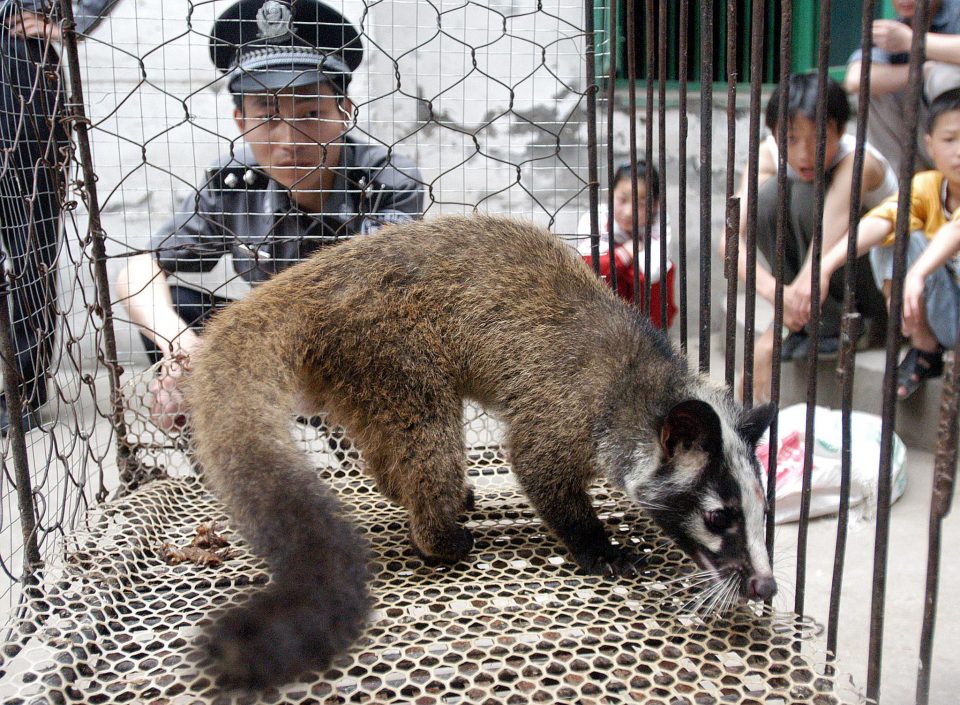
Wuhan Bans Eating of Wild Animals, Offers Cash to Farmers to Stop Breeding Exotic Livestock
Wuhan, China, has banned the eating of wild animals and farmers in neighboring regions are being offered cash incentives to stop breeding exotic livestock.
Both steps are part of China’s ongoing efforts to stem the transmission of viruses from animals to humans.
On Wednesday, authorities in Wuhan, a city of 11 million in Hubei and the epicenter of the coronavirus pandemic, announced eating wild animals would be banned, according to CBS News.
Wuhan would become a “wildlife sanctuary,” officials said, with a citywide prohibition on hunting except for “scientific research, population regulation, monitoring of epidemic diseases and other special circumstances,” according to the Independent.
Before it was shuttered in January, merchants at Wuhan’s Huanan Seafood Wholesale Market sold and slaughtered beavers, porcupines, and baby crocodiles, National Geographic reported.
Other so-called “wet markets” reopened after the citywide lockdown was lifted, according to ABC News.
Hunan and Jiangxi, which both border Hubei, have also set out plans to change livestock practices.
In Hunan, farmers are being encouraged to breed domestic livestock or grow herbs for tea and medicine. One-off payments will be provided for current exotic stock, according to AFP.
Civets, long-tailed cats believed to have carried Severe Acute Respiratory Syndrome (SARS) to humans in the early 2000s, fetch 600 yuan, or about $80, AFP reported. A kilogram of rat snake or cobra is worth about $16.

